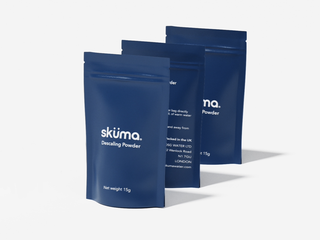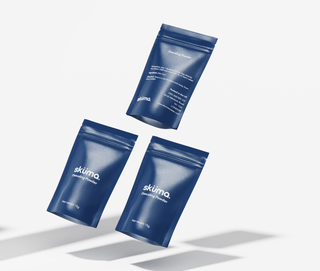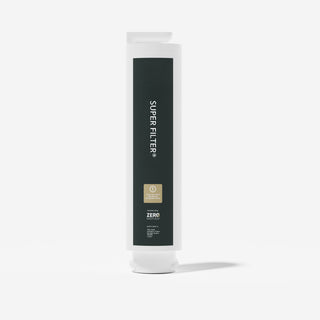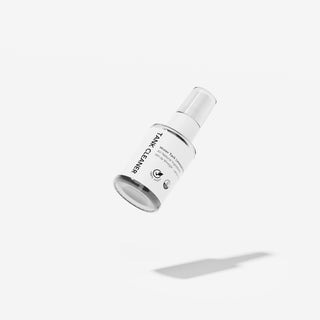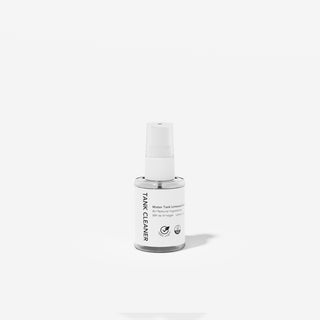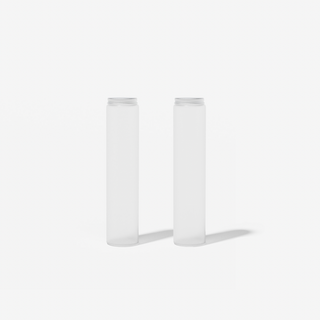Our top 4 tips to reduce your exposure to PFAS.
PFAS: short for per- and polyfluoroalkyl substances, are persistent chemicals found in water, food, and consumer goods.
These so-called “forever chemicals” build up in the body over time and have been linked to hormonal disruption, immune dysfunction, and long-term health risks.
It is an area still being studied and explored but here are some initial steps you can take to improve your awareness of PFA’s and help reduce your potential intake.
1. Eat More Fibre-Rich Foods
- A exciting new 2025 study published in Environmental Health, suggests higher fibre intake may correlate with reduced blood levels of harmful PFAS, including PFOA and PFOS. Though early-stage, these findings suggest that soluble fibre may bind with PFAS compounds in the gut, aiding in their excretion. Foods such as oats, legumes, berries, and flaxseed offer high levels of beneficial fibres.
2. Buy Organic and Avoid Non-Stick Packaging
- PFAS are widely used in pesticides and food packaging - especially grease-resistant containers like fast food wrappers and microwave popcorn bags. Choosing organic produce and minimally processed foods reduces your contact with these sources.
- Limit use of non-stick cookware and stain-resistant treatments on fabrics, which often contain high levels of PFAS.
3. Filter Your Drinking Water With Proven Tech
- Tap water remains a major exposure point.
- Many standard filters do not effectively remove PFAS. Sküma's advanced filtration technology is lab-tested to reduce average PFAS levels from 0.068 µg/L to <0.0028 µg/L—a 99.9% reduction.
4. Understand Where PFAS Come From
- PFAS are present in thousands of everyday items—from waterproof jackets to cosmetics to firefighting foam. The first step in reducing your exposure is awareness. Look for PFAS-free certifications, and minimise consumption of fast fashion, processed foods, and certain dental flosses that may contain Teflon-derived coatings.
Citations
- Schlezinger, J.J., Bello, A., Mangano, K.M. et al. (2025). Per- and polyfluoroalkyl substances (PFAS) in circulation in a Canadian population. Environmental Health.














